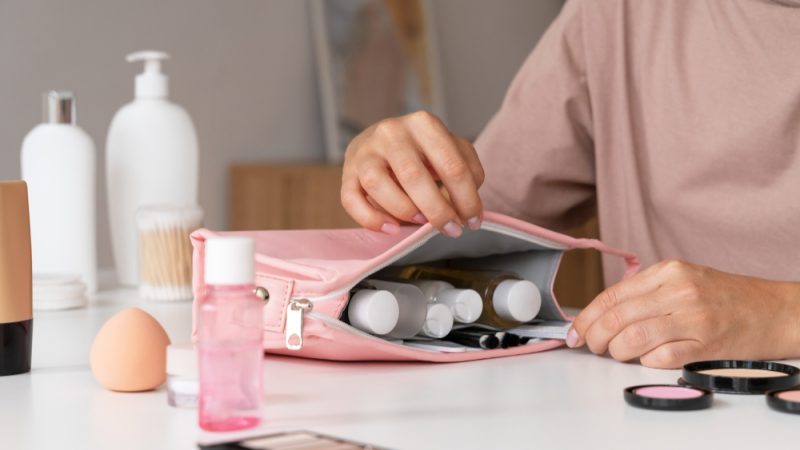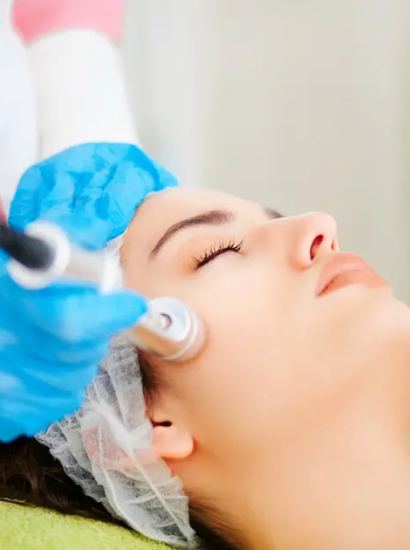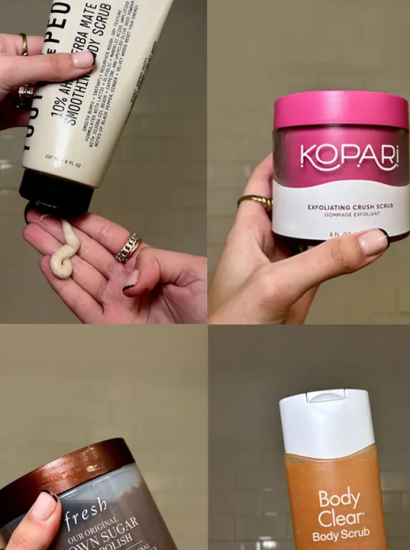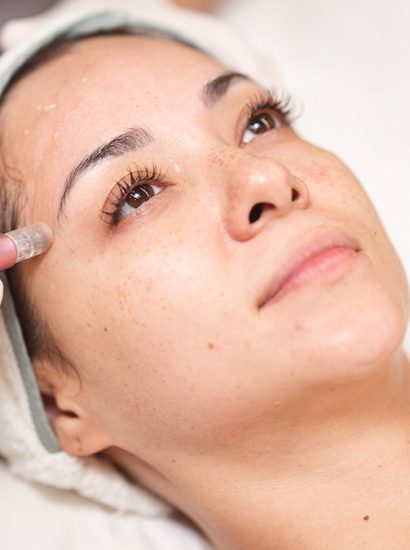Proper storage of skincare products is crucial for maintaining their efficacy and extending their shelf life. Whether you have a simple skincare routine or a vast collection of serums, creams, and masks, knowing how to store these items correctly can make a significant difference in their performance. In this article, we will explore 10 essential tips for storing skincare products to ensure they stay fresh and effective for as long as possible.
Storing Skincare: Keep Products Away from Direct Sunlight
One of the most common mistakes people make is storing skincare products in direct sunlight. UV rays can degrade the active ingredients in your products, reducing their effectiveness. To keep your skincare items fresh, store them in a cool, dark place, such as a drawer or a cabinet. If you have products that are sensitive to light, such as vitamin C serums, consider using opaque containers or keeping them in a dedicated skincare fridge.
Storing Skincare: Store at the Right Temperature
Temperature plays a crucial role in the stability of skincare products. Most skincare items should be stored at room temperature (around 68-72°F or 20-22°C). Extreme heat can cause products to break down, while extreme cold can change their consistency and effectiveness. Avoid storing your skincare products in places that can get too hot, like a bathroom cabinet above the shower, or too cold, like a garage or unheated room.
Use a Skincare Fridge
Investing in a mini skincare fridge can be a game-changer for storing your products. These fridges maintain a consistent temperature and help prolong the life of your skincare items. Keeping products like masks, eye creams, and serums in a skincare fridge can also provide a refreshing, cooling sensation when applied, enhancing the overall experience.
Seal Containers Properly
Air exposure can lead to oxidation, which degrades the quality of your skincare products. Always ensure that containers are sealed tightly after each use. For products in tubes, make sure the cap is closed. For jars, use a spatula to avoid introducing bacteria and moisture into the product. Proper sealing will help maintain the integrity of your products and keep them fresher for longer.
Organize by Frequency of Use
Organizing your skincare products based on how frequently you use them can help you keep track of expiration dates and ensure you’re using products before they go bad. Place daily essentials like cleansers, moisturizers, and sunscreens in easily accessible spots. For less frequently used items, consider storing them in the back of a cabinet or in a separate container. This organization system can help you avoid wasting products and ensure they remain effective.
Be Mindful of Expiration Dates
Like food, skincare products have expiration dates. It’s essential to pay attention to these dates and discard products that are past their prime. Many products will have a “best by” date printed on the packaging, while others may feature a Period After Opening (PAO) symbol that indicates how long the product is safe to use after opening. Regularly check your collection and dispose of any items that have expired or show signs of change in texture or smell.
Avoid Bathroom Storage
While it may seem convenient to store skincare products in the bathroom, the humidity and temperature fluctuations from showers can negatively impact their stability. Instead, consider storing your skincare products in a cooler, drier area of your home. If you must store them in the bathroom, keep them in a cabinet away from direct moisture and heat.
Label Your Products
To keep track of when you opened each product and when it will expire, consider labeling them with the date of opening. This simple practice helps you monitor your skincare collection more effectively and ensures you use products within their optimal timeframe. You can use masking tape and a permanent marker or purchase pre-made labels for a more polished look.
Use Proper Application Tools
Using clean tools to apply your skincare products can help minimize contamination and extend their shelf life. For creams and masks in jars, use a clean spatula or your fingertips (after washing them) to avoid introducing bacteria. Avoid applying products directly with unwashed hands to keep them fresh for longer.
Consider Environmental Factors
Certain environmental factors can impact the longevity of your skincare products. For example, exposure to moisture, heat, and light can all degrade products. When choosing storage locations, consider these factors and look for areas that are consistently cool, dry, and dark. If you notice any changes in your products—such as separation, discoloration, or unusual smells—it may be a sign that they have been improperly stored.
Conclusion
Storing skincare products properly is essential for maintaining their effectiveness and prolonging their shelf life. By following these 10 essential tips—keeping products away from direct sunlight, storing at the right temperature, using a skincare fridge, sealing containers properly, organizing by frequency of use, being mindful of expiration dates, avoiding bathroom storage, labeling products, using proper application tools, and considering environmental factors—you can ensure that your skincare collection remains fresh and effective. Implementing these strategies will not only enhance your skincare routine but also help you make the most of your favorite products.
FAQs
1. How can I tell if my skincare product has gone bad?
Signs that a product has gone bad include changes in color, texture, or smell. If you notice any of these changes, it’s best to discard the product.
2. Can I store skincare products in the fridge?
Yes, many people store skincare products in the fridge to extend their shelf life and enhance their cooling effect. Just be sure not to store them in the freezer, as extreme cold can damage the products.
3. How long do unopened skincare products last?
Unopened skincare products can last for a year or more, depending on the ingredients. However, it’s best to check for expiration dates and use them within a reasonable time frame.
4. What should I do with expired skincare products?
Expired skincare products should be disposed of properly. Check if your local waste management facility has a program for disposing of beauty products, or you can throw them away in the trash.
5. Are there any specific products that need special storage?
Certain products, such as those containing retinol or vitamin C, are more sensitive to light and air and should be stored in opaque containers or dark places to maintain their effectiveness.
Also read: Prose Skincare: 10 Reasons Why It’s a Game-Changer for Your Skin





